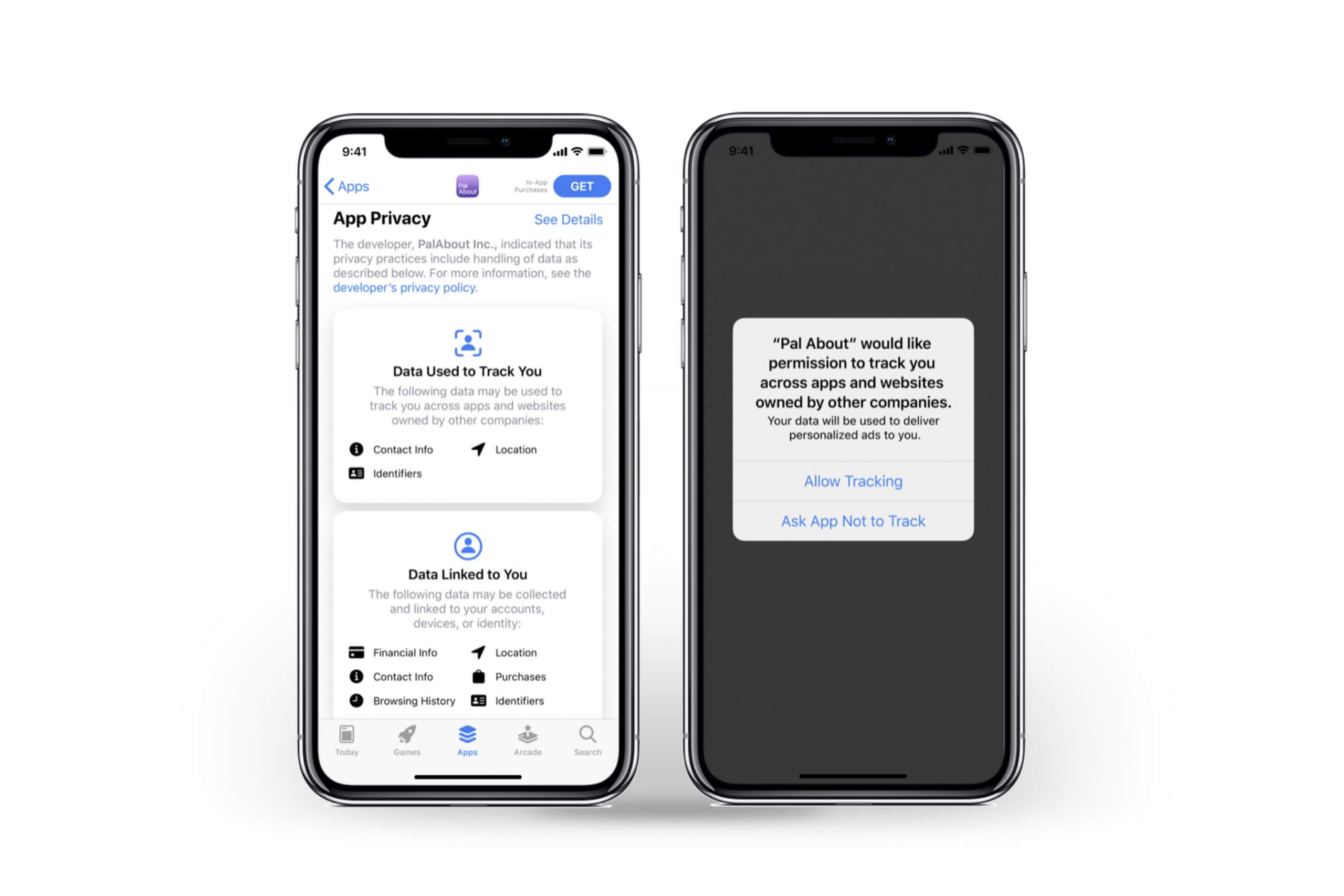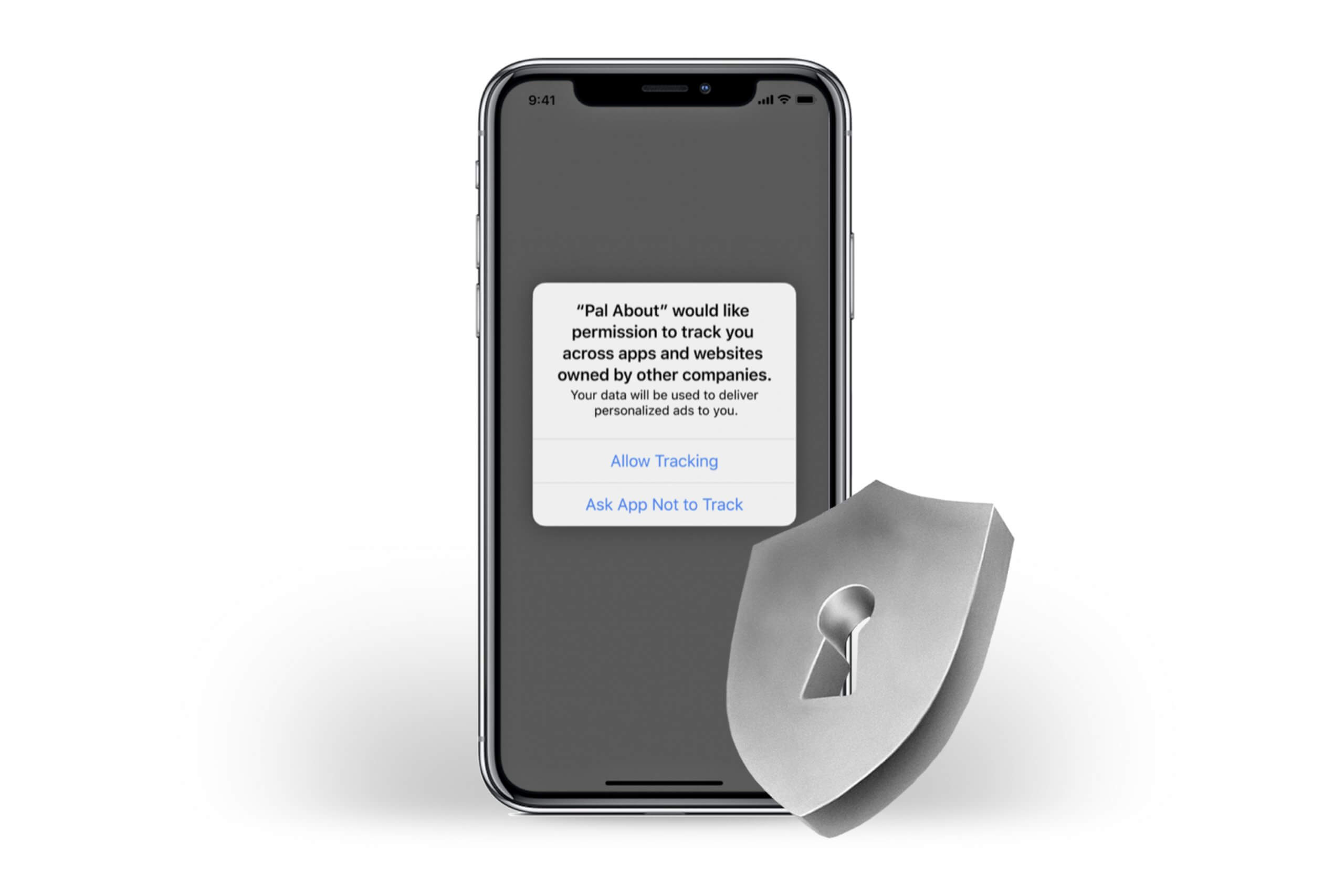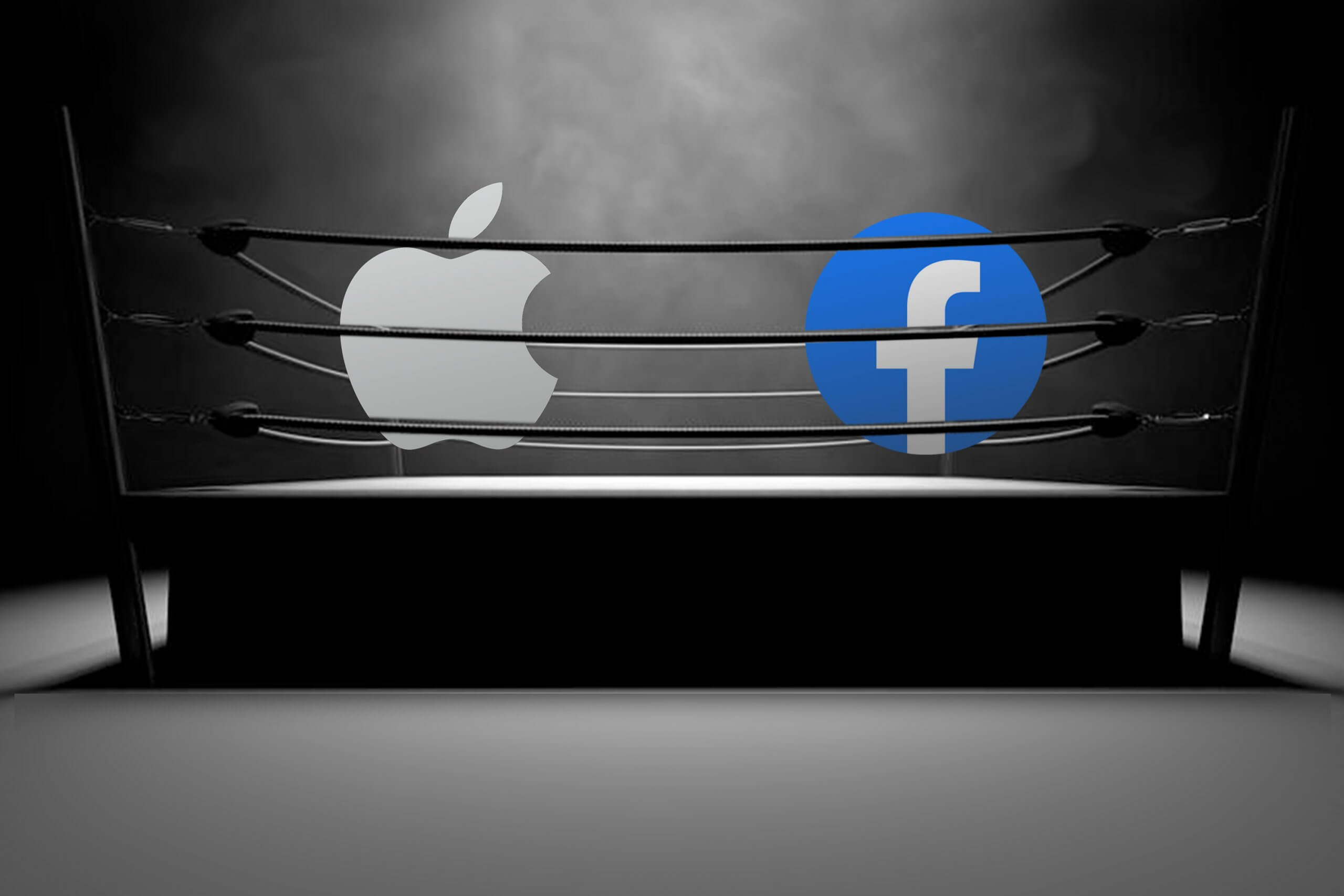Someone is watching you. No, there’s someone other than your guiding angels. Data on your smartphone or content in it is not restricted to you, and you knew this before you started reading this blog. Didn’t you?
User activities on smartphones and other intelligent devices are tracked. There is nothing new about it. What may interest you is the most talked-about Apple update that rolled out a few months back. Once updated to the iOS 14.5 version, the iOS users will have complete control over who sees what or if they can see anything at all. The users can block the IDFA identifier at the app after downloading it from the App Store.
An identifier for advertisers or IDFA is a typical detector for smartphones. It is an extensively used tool for targeting individual smartphone users and measuring an advertisement’s effectiveness. Over the years, it has been an excellent strategy for different companies who want to push their products or services to a targeted group of customers. Unfortunately, this has been happening at the cost of an individual’s data privacy. The iOS 14 update frees Apple phone users from this compulsion and reinstates data privacy.

Data Privacy – A Rising Concern
It may sound like whining a conservative mind, but that doesn’t negate the threats to the data privacy breach. Data is the new oil, and the world is after your data. Your information feeds the marketing and branding strategies of businesses. Hackers and other cybercriminals are after it to steal money from your savings and cause unknown harm for benefitting their interests. Therefore, you need to protect your data from being accessed by unwanted and anonymous sources. Apple has aptly addressed this concern through their iOS 14 updates.
Data privacy, explained in simple terms, is your right to be left alone with your data. However, the internet and related services usage has left little to no scope for data privacy. This is why you need to check and ensure data privacy always.
One of the most important reasons to be concerned about data privacy is you never know when and how they will use it. The consequences can range from using them for running ad campaigns to stealing money and causing other personal attacks. So, this is why you cannot compromise with your data privacy. Prevention is better than cure, so you need to prevent attempts to such privacy breaches.

The Impact Of iOS 14 on Digital Advertising
Phenomenal growth and expansion of social media reach and influence over ordinary people paved a lucrative way for brands. Facebook, Instagram, YouTube, Google, TikTok and others depended on user data to feed their campaigns. They track users, obtain data and use it for Facebook ads, Google ads and other ad campaigns. The iOS 14 update will impact advertisers in two major areas – one is in ad targeting, and the other is in ad measurement.
Impact on ad targeting
The prevailing system allowed brands to target their audiences at the device level. IDFA is a random number used to identify a specific advertisement. It used to track your activity on the apps you download either from the Play Store or the App Store. Every smartphone comes with a unique ID; Apple phones also have one each. We are talking about iOS update and their consequences, so that I will talk about iOS phones. So, advertisers could easily track your activities; know what you clicked, what you bought, what apps you have installed, what videos you watch and other few things. So, you see, there is no room for privacy. Based on the obtained information, they would classify you as an identified customer and target you for other digital advertising.
Apple took up this issue with the iOS 14 update and allowed the users exclusive right to block unwanted IDFAs. Thus, the Apple phones of individual customers who will disable sharing their IDFA will become inaccessible. The advertisers won’t be able to target them. The impact of iOS 14 on digital advertising is a critical limitation.
Impact on ad measurement
How an advertisement performs is crucial and decides its effectiveness. Besides ad targeting, different digital advertisements are tracked to know their performance. Advertisers track users to know about the campaign performance. After the iOS 14 update, users who have opted out of sharing their IDFAs will not be tracked. Their devices will become unreachable, and no data can be retrieved from there. Hence, it is pretty challenging to say how it will affect ad measurement.

Potential Alternatives To Dilute Limitations Built By The iOS 14.5 Update
While we hate being exposed to a data privacy breach, we cannot deny loving those timely updates and offers from our favourite brands. Can you deny that? It would be difficult for most of us to say that we don’t like it. However, you can explore the middle path. Here I am suggesting a few safe ways to enjoy the best from both situations.
- You can turn off the unique identifier and take a chance by allowing app tracking transparency.
- There are a good number of popular and verified apps that you can trust. However, I would suggest you not to trust them blindly. Keep an eye for the odds and change your settings as soon as possible.
- Make up your mind to not get provoked by different digital advertisements. The advertisers cannot do much if you are not interested. So make sure to show your inclination to only the brands you trust.
Data privacy is your right, and Apple goes a step ahead in ensuring that for you. The iOS IDFA update’s impact on advertising further highlights the stance. However, you can always be a part of the custom audiences and restrict any unwanted usage of your data.
App developers across the globe are some of the busiest professionals because businesses are switching over to online selling and operation. You will have more tempting brands who would try to impress with their line of products or services. It’s fantastic to shop for your favourite brands in real-time and from the comfort of your home. However, make sure to keep up your data privacy.








 Branding
Branding Digital Strategy
Digital Strategy PR & Communications
PR & Communications